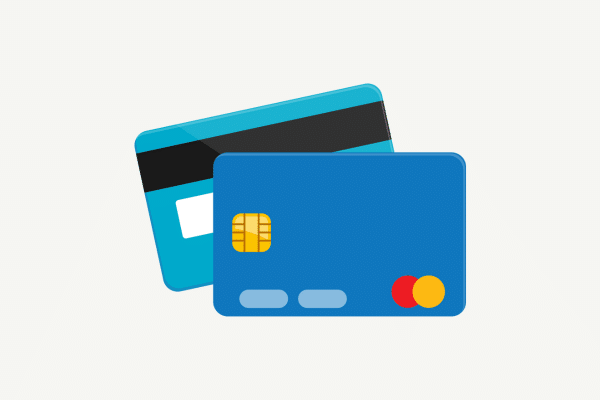
With tax season behind us, the next big worry is paying off those remaining tax bills. If you’re considering your options, paying your taxes with a credit card might have crossed your mind. It’s an alternative to IRS payment plans and could even offer some tempting rewards if your card has the right perks.
But before you swipe, it’s important to weigh the pros and cons. Depending on your tax bill and your credit card’s terms, this decision could either save you some stress or cost you more in the long run.
💵 Processing Fees
Since the IRS can’t accept credit card payments directly, they work with three approved payment processors. Currently, the processor with the lowest fee is pay1040.com, charging 1.87% of your balance, with a minimum fee of $2.59. So, if you owe $2,000 in taxes, you’ll be charged a total of $2,037.40.
Remember, these fees get steeper the larger your outstanding balance, and you’ll need to pay them on top of any interest. If you go with an IRS payment plan and pay by direct debit or check, you’ll only owe the IRS interest rate and any applicable penalties, with no processing fees.
📌 Interest Rates and Balance Transfers
Interest rates vary by credit card, but the average is about 15.07%. According to the IRS, the rate for overpayments and underpayments is currently 6% per year, compounded daily.
If you plan to pay your balance off over time, you’ll likely pay more interest with a credit card, even if it’s simpler to calculate than the IRS interest rates, which change frequently. However, if you open a new credit card with a balance transfer offer and have good credit, you could get several months to a year to pay off your balance at a 0% interest rate, which can save you money and buy you some time. But if you miss payments or your credit isn’t great, this might not be an option for you.
💡 Credit Card Rewards
Credit card rewards, like cash rebates and frequent flyer miles, often make the extra fees and interest tempting when paying your taxes by credit card. Why not earn a free vacation while paying your taxes?
However, financial experts estimate that most credit card rewards only net you about 1% back on what you purchase. It’s worth sitting down and doing the math on how much you could save by sticking with the IRS interest rates and avoiding processing fees—you might be able to fund that vacation out of pocket instead. Unless you plan to pay off your entire balance immediately and the rewards are worth the fees, using a credit card for your taxes might not be the best financial move.
📃Tax Bills and Your Credit Report
If you need extra time to pay your taxes, an IRS installment or short-term payment agreement is usually a better option, as these don’t appear on your credit report. However, carrying a balance will appear once you shift the responsibility from the IRS to your credit card company.
In addition to affecting your available credit, it also impacts your credit utilization score based on how much of your available credit is being used.
If you’re looking for housing, more credit, or other situations that involve a credit check, you’ll want to avoid paying your taxes with a credit card.
✅ Weigh the Risks and Benefits of Paying Your Taxes by Credit Card
Ultimately, the decision to use a credit card to pay your taxes is a personal one. If you’re planning to take a longer-term approach, an IRS installment agreement is likely to cost you less both upfront and in the long run.
Need Help?
Not sure which payment option suits your situation best? Let’s connect and figure out the smartest way to handle your tax bill—without sacrificing your financial goals.
